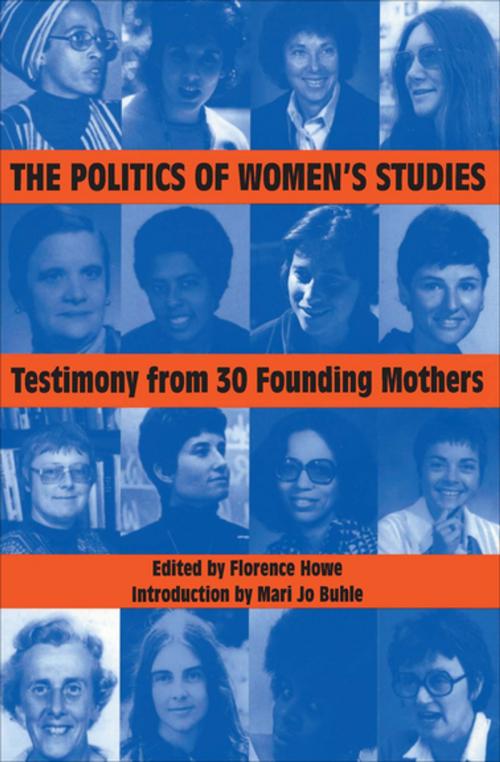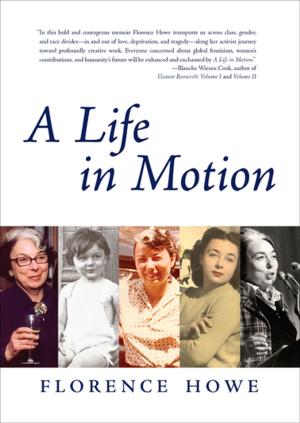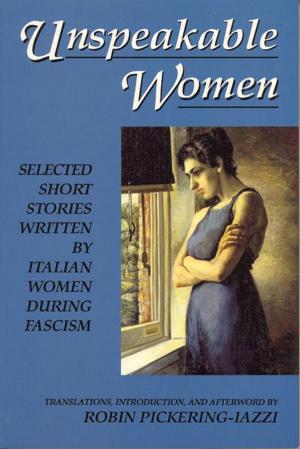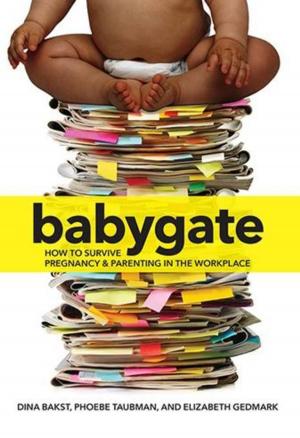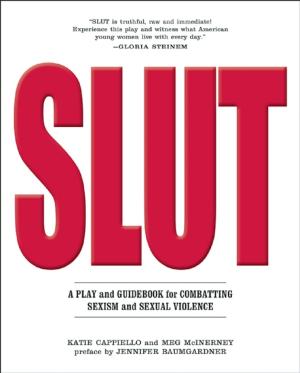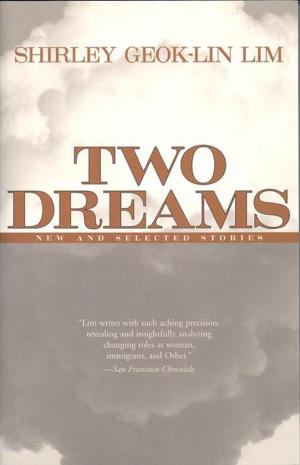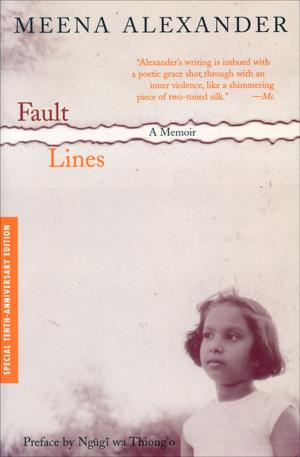The Politics of Women's Studies
Testimony from 30 Founding Mothers
Nonfiction, Reference & Language, Education & Teaching, History, Social & Cultural Studies, Social Science, Cultural Studies, African-American Studies| Author: | ISBN: | 9781558617865 | |
| Publisher: | The Feminist Press at CUNY | Publication: | August 1, 2000 |
| Imprint: | The Feminist Press at CUNY | Language: | English |
| Author: | |
| ISBN: | 9781558617865 |
| Publisher: | The Feminist Press at CUNY |
| Publication: | August 1, 2000 |
| Imprint: | The Feminist Press at CUNY |
| Language: | English |
The true stories of those bold women who espoused feminism in the world of academia and forever changed our educational system and culture.
In the patriarchal halls of 1970s academe, women who spoke their minds risked their careers. Yet intrepid women—students, faculty, administrators, members of the community—persisted in collaborating on women’s studies programs. In doing so, they created a movement that altered paradigms, curricula, teaching styles, and content across disciplines.
In these original essays “we hear the voices of feminists exhilarated by the opportunities and challenges of creating women’s studies programs in American colleges and universities, nurtured by the women’s movement of the 1970s,” from young graduate students and newly hired faculty to tenured professors in search of ways to improve their students’ capacities to learn, veteran academics at last witnessing change, and even a few administrators (Library Journal).
In all of these programs, these “founding mothers” grappled not only with issues of gender, but with those of class, race, and sexuality in a decade infused with political unrest and questioning, when civil rights and anti-war activism, as well as feminism, shaped academic worlds.
The true stories of those bold women who espoused feminism in the world of academia and forever changed our educational system and culture.
In the patriarchal halls of 1970s academe, women who spoke their minds risked their careers. Yet intrepid women—students, faculty, administrators, members of the community—persisted in collaborating on women’s studies programs. In doing so, they created a movement that altered paradigms, curricula, teaching styles, and content across disciplines.
In these original essays “we hear the voices of feminists exhilarated by the opportunities and challenges of creating women’s studies programs in American colleges and universities, nurtured by the women’s movement of the 1970s,” from young graduate students and newly hired faculty to tenured professors in search of ways to improve their students’ capacities to learn, veteran academics at last witnessing change, and even a few administrators (Library Journal).
In all of these programs, these “founding mothers” grappled not only with issues of gender, but with those of class, race, and sexuality in a decade infused with political unrest and questioning, when civil rights and anti-war activism, as well as feminism, shaped academic worlds.
